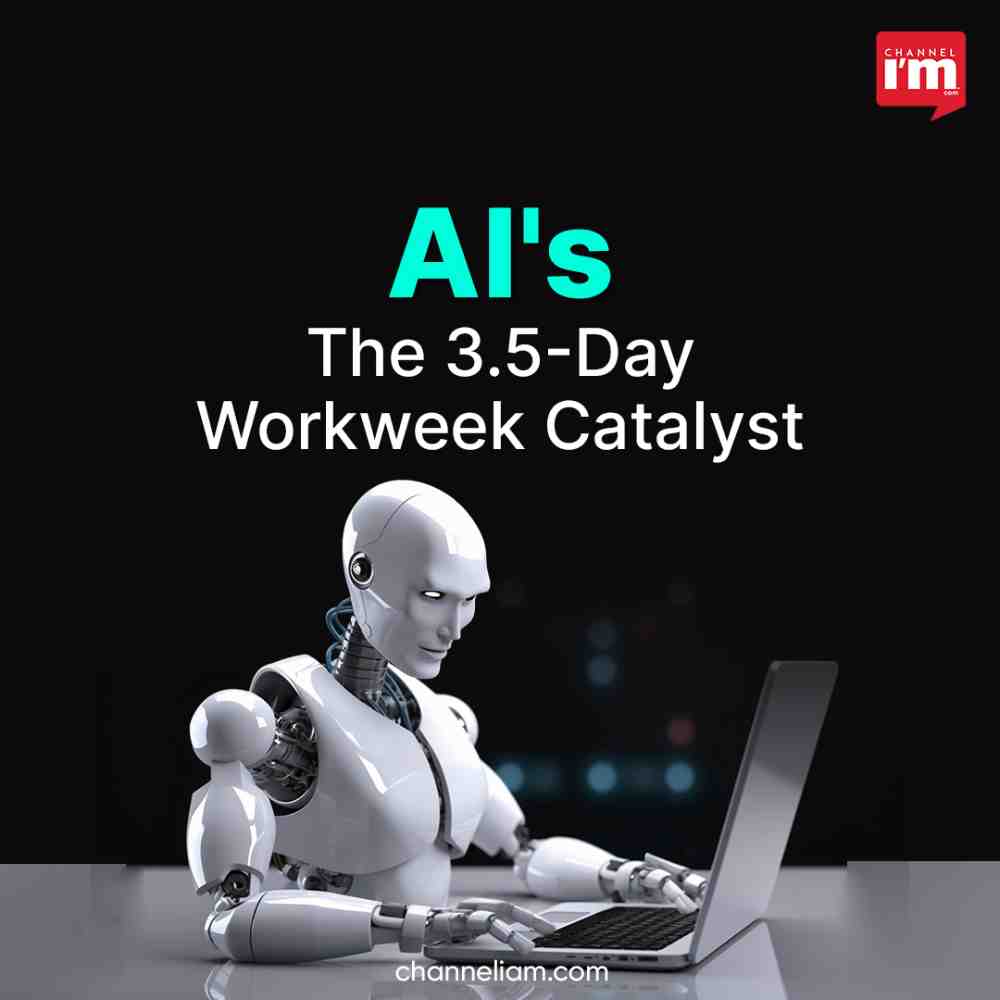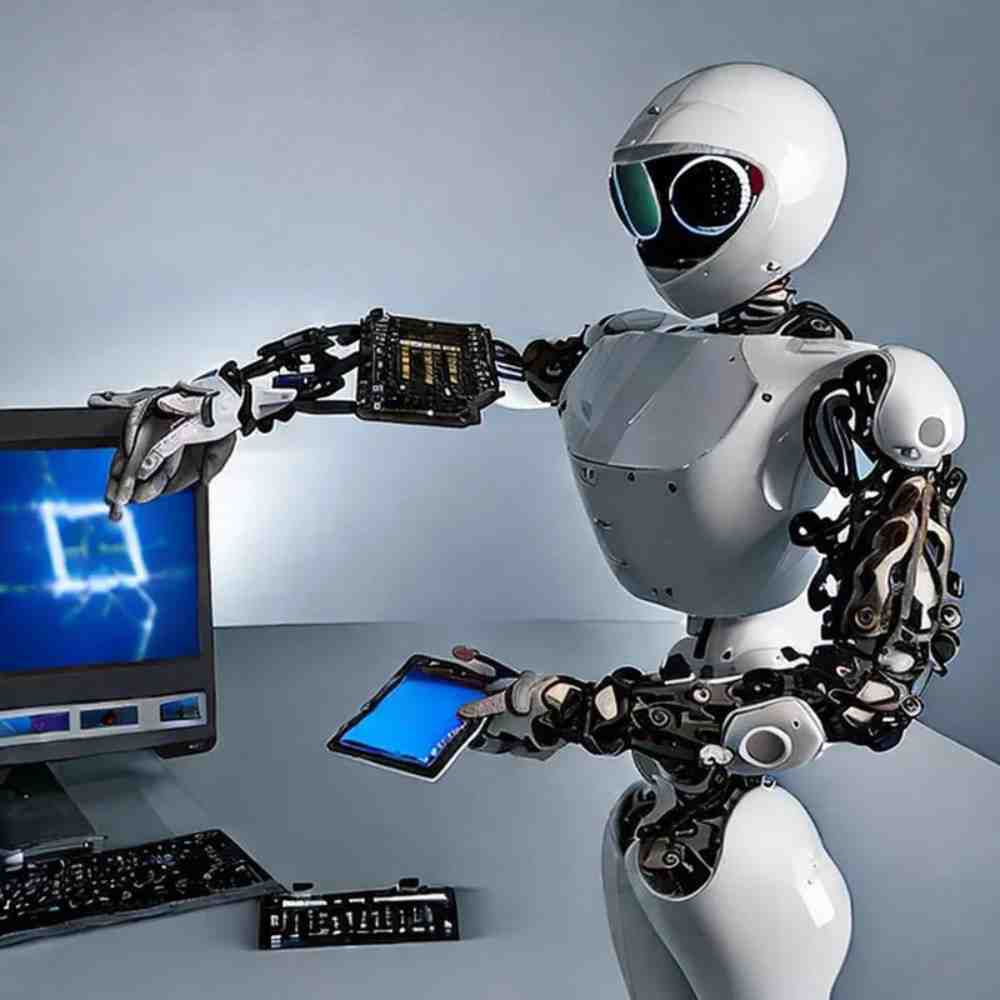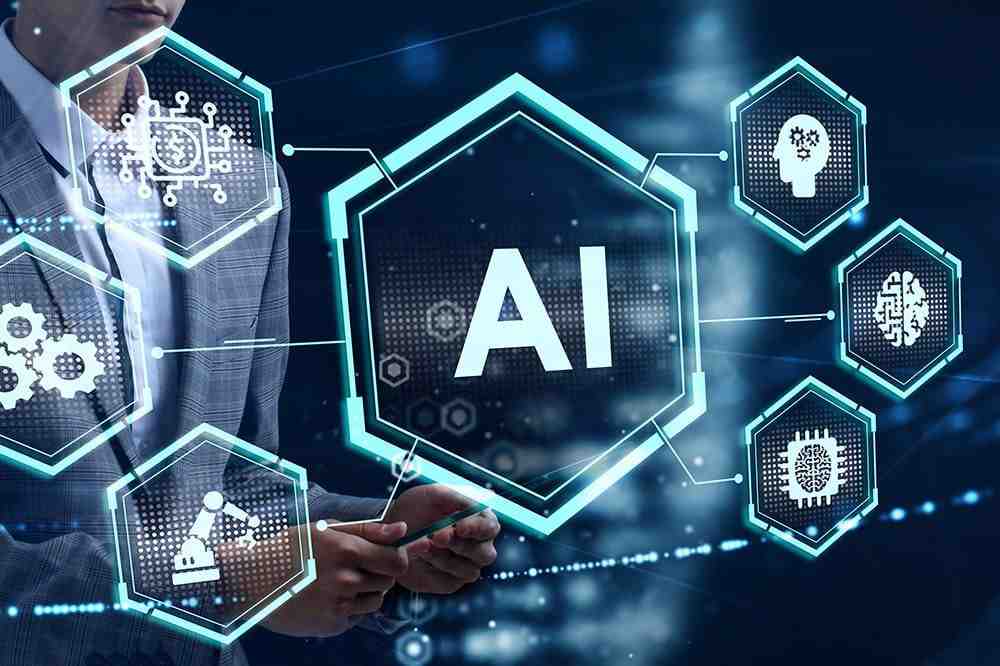
In the ever-evolving landscape of technology, artificial intelligence (AI) stands out as a revolutionary force that promises to reshape the fundamental nature of work. While the concept of a 3.5-day workweek may seem radical, it becomes a plausible scenario when considering the multifaceted impact of AI on the workplace.
AI’s Expansive Influence
Artificial intelligence, with its incredible capabilities, offers a wide spectrum of advantages to businesses and industries. Beyond mere automation, AI can augment decision-making, optimise processes, and significantly enhance productivity across various sectors. Its applications span from data analysis to customer service, making it a cornerstone of modern workforce transformation.

The Dynamic Adaptability of AI
One of AI’s defining attributes is its dynamic adaptability. Unlike static tools, AI has the capacity to evolve and learn, allowing it to tackle a multitude of tasks effectively. It can operate as a complementary force alongside human employees, taking over repetitive and routine assignments, thereby affording human workers more time to concentrate on creative and strategic endeavours.
A Paradigm Shift in Employment Landscape
As AI continues its rapid advance and integration into various industries, it has the potential to bring about a profound shift in the employment landscape. Occupations that were once considered indispensable may gradually succumb to automation, prompting a reconsideration of the conventional workweek. The idea of a 3.5-day workweek gains credence as AI takes on an increasingly prominent role in the modern workplace.

Preparing for the AI-Powered Future
The transformative impact of AI necessitates proactive steps in preparing the workforce for this new era. Investment in education and reskilling initiatives is paramount to equip individuals with the skills needed to thrive in a symbiotic relationship with AI. A future where humans and AI coexist harmoniously requires thoughtful preparation and planning.
Balancing Progress with Ethical Considerations
While AI’s ascent brings about exciting possibilities, it also raises important ethical questions. Concerns about job displacement, privacy infringements, and security vulnerabilities must be carefully addressed. Striking a delicate balance between harnessing the benefits of AI and mitigating its potential downsides is a complex yet imperative task.

The Road Ahead
In conclusion, the impact of AI on the way we work cannot be overstated. Its capacity to enhance productivity, coupled with its dynamic nature, suggests that the traditional workweek could undergo a profound transformation.

As we navigate this AI-driven future, it is essential to remain vigilant, adaptable, and ethical in our approach. Embracing the potential of AI while safeguarding against its potential pitfalls will pave the way for a future where the 3.5-day workweek may become a reality, representing a significant milestone in the ongoing evolution of work.
